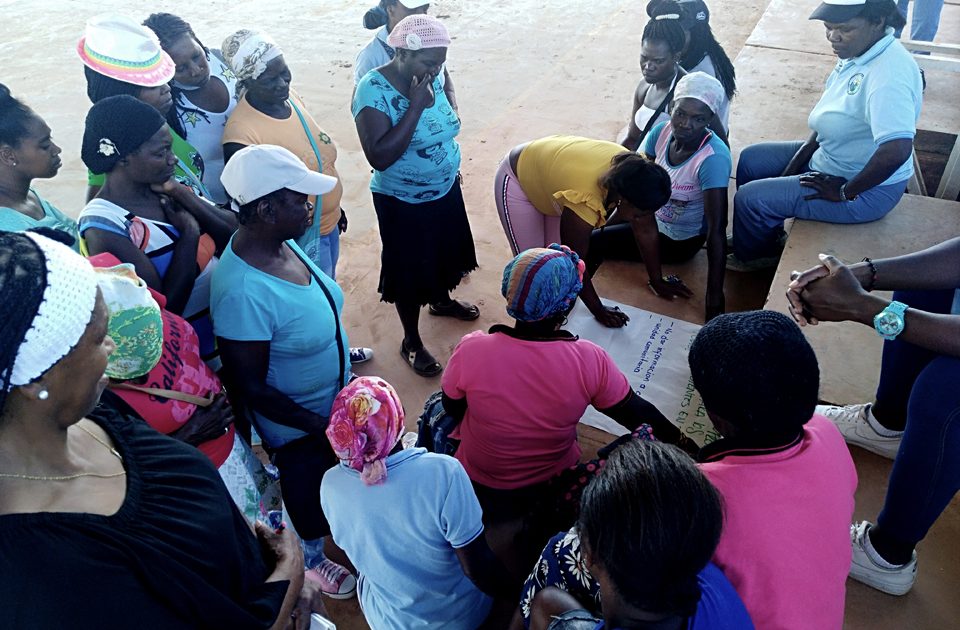How to survive an earthquake?
Nicaragua, as many countries around the world, is prone to earthquakes. It’s important to be prepared for such an event. But don’t worry! The following article is going to tell how to prepare yourself in case of earthquake.
Here is advice to be followed to prepare for an earthquake and what to do once the ground starts shaking. Follow the steps below and the next big quake will be only a formality.
Before
First of all you need to prepare yourself. Anticipate and don’t wait the earthquake!
For that, take security measures. Sure that your home, neighborhood, workplace and school contain lots of potential hazards.
- Conduct a ‘hazard hunt’ to identify and eliminate them! It can be televisions, computers, bookcases, furniture, and lamps.
- The attention to details is important; pictures and mirrors have to be away from beds, couches and anywhere people sleep or sit. Securing these items now will help to protect you tomorrow.
- Seismic building standards exist. Your home has to be securely anchored to its foundation, as well as you should check cripple walls, unreinforced masonry and pipes.
- You are not a specialist? Well, consult a contractor or engineer to help you identify your building’s weaknesses and begin to fix them now.
- Discuss earthquake insurance with your agent.
- Do you know how to shut off the gas valves? Learn it now!
Hope you follow these instructions, because they are only the first step for a safer place. Now, let’s talk about safe plans.
From now, you need :
- To be aware of earthquake plans for all of the buildings you occupy regularly.
- To participate in simulations with your families, colleagues, friends in order to correct and improve the actions to take in case of earthquake.
- Locate safe places in each room of your home, workplace, school that you can go to in case of an earthquake. What is a safe place? Against an interior wall away from windows; under a piece of furniture. Logically, a spot where nothing is likely to fall on you.
During
“Drop, Cover and Hold on” are actions that can save lives and reduce risks of death or injury. What’s that?
-Drop… to the floor
-Take Cover under a sturdy desk or table
-Hold on to it firmly. Maybe you will need to move with it until the shaking stops, be prepared for that!
You don’t have sturdy furniture to hold on to? That’s bad! Sit on the floor next to an interior wall and cover your head and neck with your arms.
Then, you need to constitute a survival kit. It could reduce the impact of an earthquake on you and your family. What can you put inside?
- Food and water,
- A first aid kit, medication, blanket, clothes,
- Flashlights, a portable radio, batteries, cash, a whistle, a fire extinguisher, dust masks and goggles.
- Maintain it in an easy-to-access location at home, at work and in your vehicle.
In case of a disaster, local lines can be difficult to access and deciding beforehand having an out of area contact can be very useful. Thereby, family members can call the contact person and it will be a way to reunite the family in case of separation during a quake.
After
If you followed the instructions, you are normally still alive and we hope, not injured. Now read carefully below, we tell you how to react after an earthquake.
- First of all, check for injuries and damages that need immediate attention. To be trained in first aid and in damage assessment techniques will help you.
- People could need your help and you could identify hazards such as damaged gas, water, sewage and electrical lines.
- Electricity, water, gas and telephones may not be working after an earthquake. You should be prepared to fend for yourself for at least three days, preferably for a week.
You will experience that communication will be important in recovery stages.
It’s time to turn on your portable radio – You have one in your emergency kit – and listen for information and safety advice. If your home is damaged and you can use a phone, contact your insurance agent right away to begin your claims process.
With this advice, hope next earthquakes will not affect you or at least, less.
By Emmanuelle Legay
Images from Safety.utk.edu, ifmelranthezoo.com and ok.gov















Dejar un comentario
¿Quieres unirte a la conversación?Siéntete libre de contribuir!